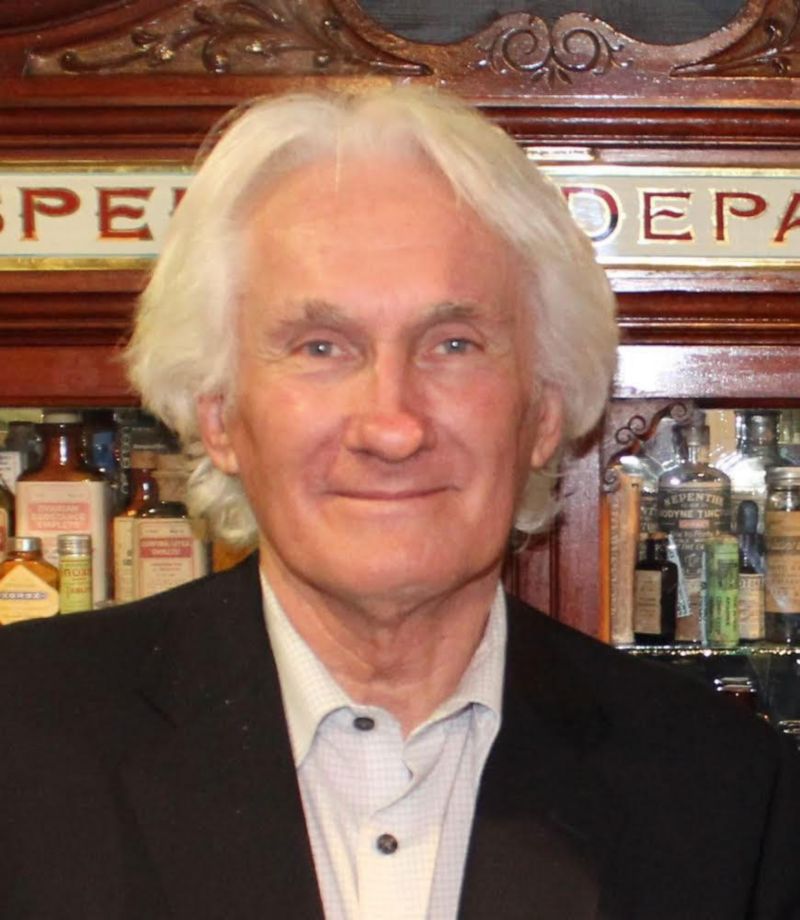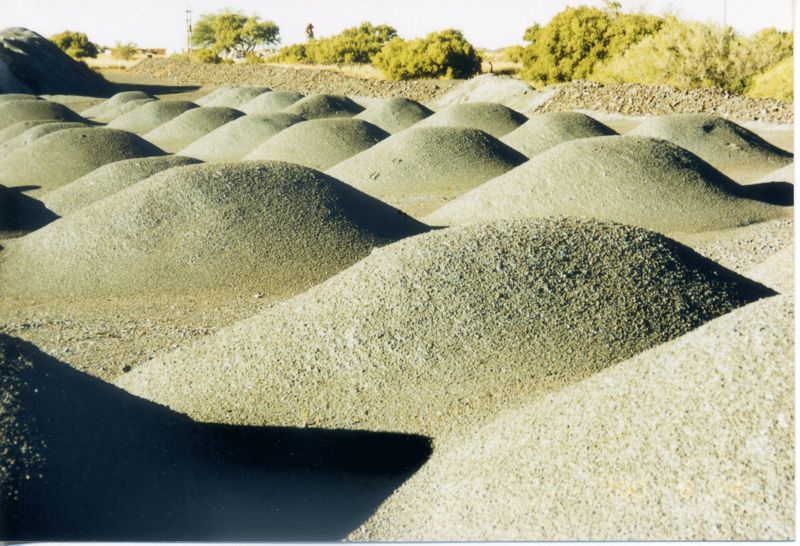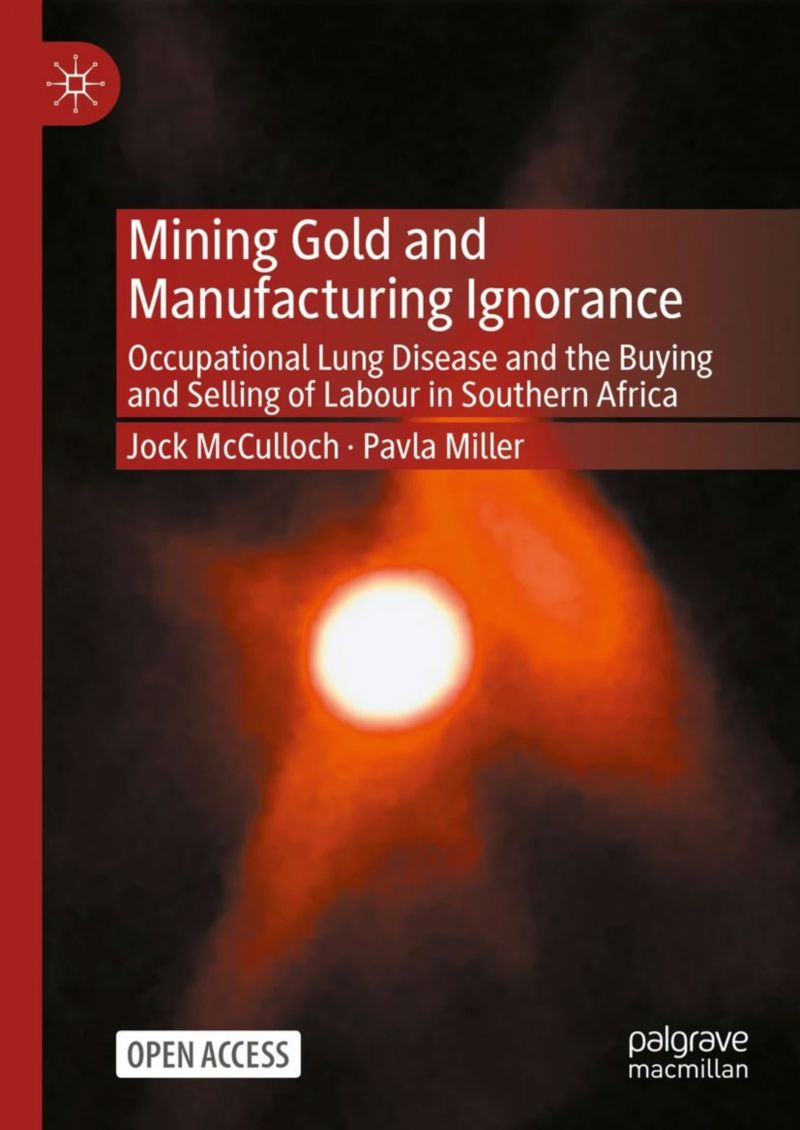An RMIT book published with open access is helping miners in southern Africa fight for justice and compensation.
The book by Emeritus Professors Jock McCulloch and Pavla Miller was downloaded more than 2,000 times in the first two weeks of its release on open access platform SpringerLink.
Mining Gold and Manufacturing Ignorance: Occupational Lung Disease and the Buying and Selling of Labour in Southern Africa is the final work of the late Professor McCulloch and was completed after his death by his partner Professor Miller, who donated part of her inheritance to publish the book in open access.
“This was a good way of making the book do what it was supposed to do. Our motivation was never just research, we were always interested in social justice,” she said.
A prominent historian of colonialism and occupational health, Professor McCulloch worked at RMIT from 1992 to 2016.
In a cruel twist of fate, his greatest research became the cause of his death. In 2018, Professor McCulloch died from the mesothelioma he contracted in the 1990s while researching the history of asbestos mining in southern Africa. He went on to apply his formidable skills and intellect to gold mining, exposing systemic corruption and suppression of evidence of widespread occupational lung disease among miners.
“Despite the victory of their class action for occupational injury,” Professor Miller said, “many of the affected workers were still fighting for compensation.
“A lot of the miners are struggling to put food on the table, access medical care or send their kids to school,” she said.

“Few of the thousands of potential beneficiaries of the class action have funds to buy books. Yet, accurate information is important to the many local organisations and activists helping to remedy past injustices, set up sustainable mechanisms for distributing compensation benefits, and demanding legal and institutional reforms.”
Now accessible to everyone, everywhere, Mining Gold and Manufacturing Ignorance will help public health advocates and activists in other parts of the world, too.

Professor Miller was gratified to see her long-standing interest in open research supported by RMIT, which is soon to release its first Open Scholarship Policy.
“It’s wonderful to have a librarian who understands open access and who is so enthusiastic about it,” she said, referring to Charles Barnett, RMIT Library Business Partner, College of Design and Social Context.
Barnett and his team took up the challenge of negotiating an open access deal with publisher Springer.
“It was such a good opportunity to show how open access can benefit the world,” he said.
In addition to its core principles of equity, access and transparency, Barnett says open research meets several of the 17 UN Sustainable Development Goals and fulfils a section of the Universal Declaration of Human Rights that states: ‘Everyone has the right freely to participate in the cultural life of the community, to enjoy the arts and to share in scientific advancement and its benefits.’

Researchers benefit from greater opportunities for collaboration and increased impact of their work, including being cited more often and more widely.
“Anything published in an open format has far greater benefit and reach to the wider community than something published in a pay-per-view or subscription-based journal or e-book,” he said.
While open research is inherently disruptive to the publishing industry and its traditional income model, Barnett believes the way forward is a collaborative reimagining that benefits universities, researchers, funding bodies, students, publishers and the wider public.
“Universities are leading the way, but they cannot afford to do it themselves. Publishers have the quality systems set up and that’s why we need to work together,” he said.
“It’s an exciting time to be a librarian and a researcher.”


